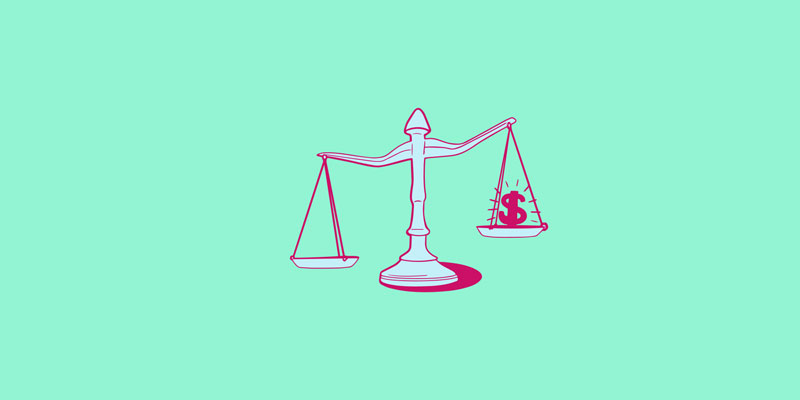Insurance bonds are provided through life insurers as term and whole life insurance plans. They are simple investments that allow investors to accumulate funds over the long run. Investors can select any of the funds being provided by their insurers. Additionally, they offer tax advantages. The bond's investment can be done as an installment or lump sum. They are derived from pooled premium funds. Insurers invest the money collected in equity and other securities that generate high returns on investment. Insurance bonds are seen as a means to distribute surplus funds within an organization. These bonds were typically found in fraternal life organizations. After unitized insurance funds have been released, the bonds are referred to as unit-linked.
Understanding Bond Insurance
The rating of an instrument of debt is based on its creditworthiness and the credibility of the company that issued it. The more risky an issuer is judged to be and the less creditworthy it is, the lower its rating and, consequently, the greater the return investors expect when investing in the security. Issuers with high-risk ratings are subject to the cost of borrowing higher than those deemed safe and stable. To get a better rating and to attract more investors to the bond market, businesses may go through an improvement in their credit rating.
A credit improvement is a strategy that a borrower uses to increase its debt capacity or creditworthiness to receive better terms on its credit. One option that could be used to increase credit quality is bond insurance. This typically will result in an insurance company's rating on the insurance security being higher than the claims-paying rating of the insurer, and the bond rating could be without insurance, also called the base rating.
It is a form of insurance purchased by an issuer of bonds to assure the payment of principal and all regular interest payments to the bondholders should they default. The insurance company considers the risks of issuers to decide on the amount of premium due to the insurer in compensation.
Other Considerations
Bond insurers typically only insure bonds that are rated within the investment-grade category with credit ratings that are not enhanced, ranging in the range of BBB to AAA. After the bond, insurance is purchased, and the bond rating of the issuer will no longer apply; instead, the bond insurer's credit rating can be added to the bond instead of increasing it.

By design, bondholders will not experience any disturbance if the issuer of the bond they have in their portfolio is in default. The insurance company should immediately take over the risk and pay the principal and interest due on the bond in the future. Bond insurance is typically acquired through an issue of municipal securities. The bond insurance option can also be used for construction bonds, such as those issued to fund public-private partnership financing, non-U.S. regulated utilities, and ABS.
What's The Significance Of Bonds?
When you consider the three-way connection of bonds, you may think about why the bond couldn't just be a two-way connection between an obligee and the principal. Why should an insurance company become involved if the principal is accountable for the payment? Why would an insurance company choose to assume the risk in the event of the possibility of the principal not being able to pay the amount back? It's because there's something to be gained by each.
For the obligee
A bond guarantees that the obligee won't be held accountable for any monetary loss if the principal fails to fulfill the requirements of its contract and/or pay its employees. The obligee needs an insurance bond to assure the insurance company pays them if the principal fails.
For the insurance company
They're paid a fee to purchase the bond (similar to the interest rate on the loan). They don't expect to pay any amount to the lender; however, they earn money from the deal by being paid a fee from the primary.

For the principal
The bond guarantees that the insurance company will pay even if they cannot. But, the expectation is that they can reimburse the insurance company. Why should they return the money to the insurance company instead of leaving them to handle it? It's because the principal needs to maintain the bond to the company that they contracted with. If the principal can't repay the loan, they'll be unable to be secured again, which means they won't be able to get new work.



